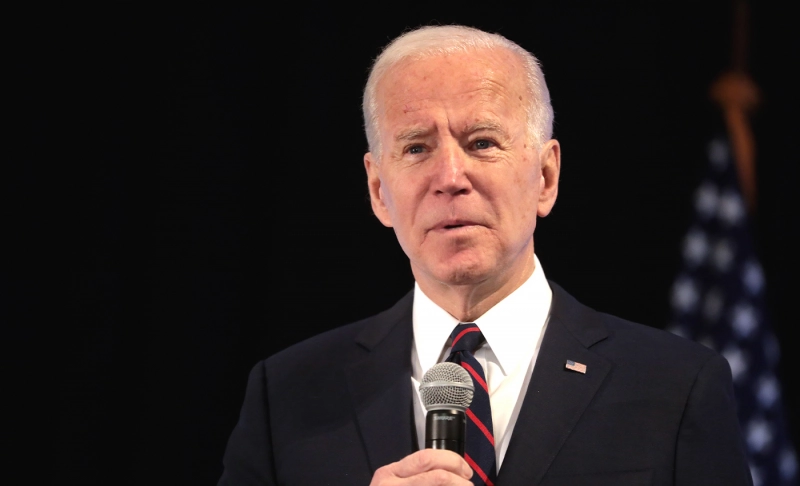By: Devika Kandelwal
September 11 2020

The decline in Minnesota's mill industry and its economy was a direct result of the 2008 housing market crash.
The decline in Minnesota's mill industry and its economy was a direct result of the 2008 housing market crash. On the third night of the Republican National Contention, Scott Dane, the executive director of the Associated Contract Loggers & Truckers of Minnesota, gave a speech. He claimed that when Biden was in the White House, Minnesota lost half of its mills, thousands of jobs, and experienced a decade of decline. It is true that when Biden was the Vice President, mills in Minnesota experienced a decline. However, the decline resulted from the 2008 housing market crash that drove down demand for softwood lumber products. CBS Minnesota reported in 2017 that Minnesota lost seven major mills since the housing market crashed. That cost the state about 25 to 30 percent of its total logging workforce. No more than 1,500 people worked directly on the logging side in 2017, but they supply paper and lumber mills with an entire workforce of around 40,000. Furthermore, the Associated Press noted that the decline in Minnesota's sawmills and paper manufacturing has continued under Trump. And nationwide, sawmill jobs improved under Obama and slumped during Trump's first three years. It further noted that Minnesota lost 20% of its paper mills during Obama's presidency, according to the Quarterly Census of Wages and Employment. It lost 18% of its sawmills. The state's sawmill sector lost 25 jobs under Obama, compared with 69 jobs lost during the first three years of the Trump administration. These figures do not support Dane's claim that 'Minnesota lost half of its mills, thousands of jobs, and experienced a decade of decline.' President Donald Trump announced tariffs averaging 20 percent on softwood lumber sent to the United States from Canada in 2017. This decision was welcome by Dane and other timber industry leaders in Minnesota. The Trump administration blamed the timber industry's struggles on Canada's decades of unfair subsidization of their own softwood lumber industry, under NAFTA, signed by the Obama administration through measures such as harvesting timber on public land below market rates. But, Canada disputed the allegations and said the increase in tariffs would harm American homebuyers who eventually paid more for wood. Timber imports from Canada totaled $5.66 billion in 2016. The tariffs were expected to raise the cost of importing by about $1 billion. However, in 2019, a joint NAFTA panel had asked the United States three months to rethink its tariffs on imports of Canadian softwood lumber. They found no evidence that Canada's softwood industry has harmed the United States softwood producers. Dane implied in his speech that because of Biden and his policies, Minnesota lost its mills, and many people lost their jobs. It's misleading to imply that because the losses in the mills were a direct result of the 2008 housing crash.